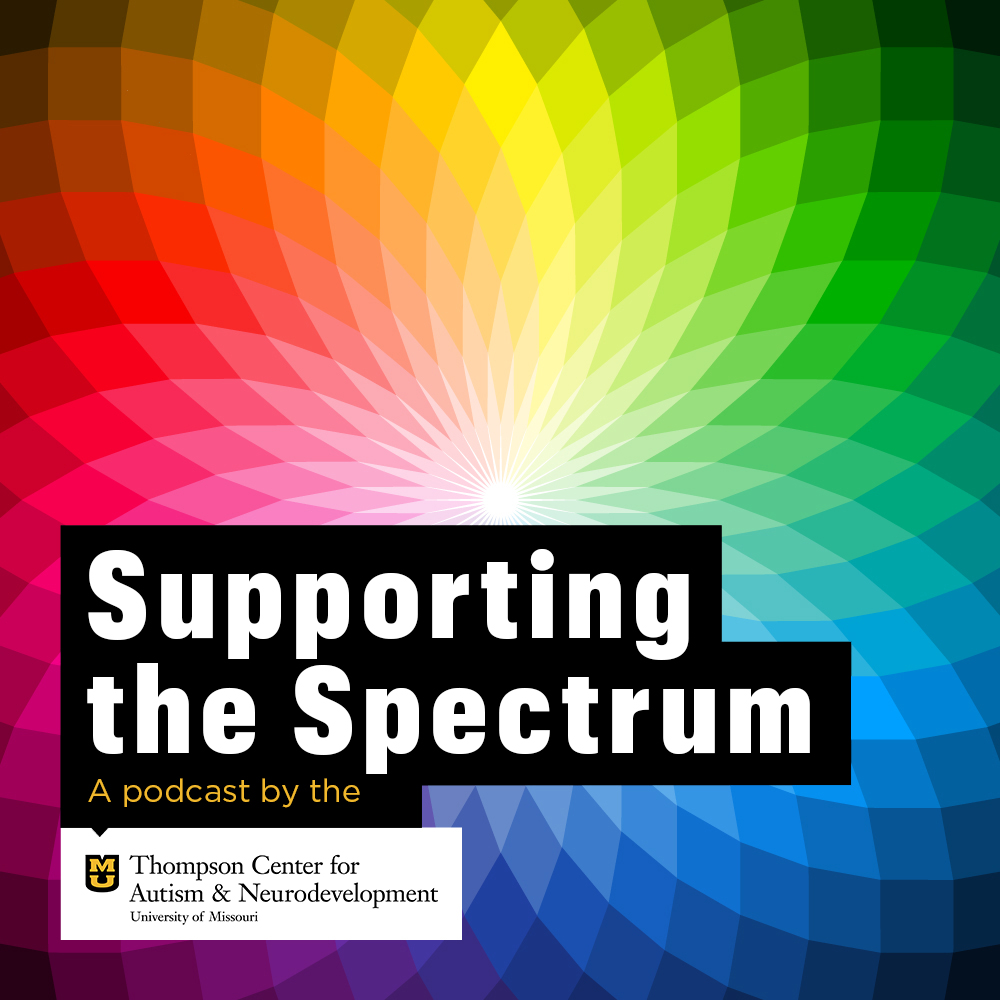About Autism & Neurodevelopment
What is autism? What does “neurodevelopment” mean?
Neurodevelopment is the growth that takes place in the brain. While the most important stages happen during infancy and childhood, neurodevelopment is a lifelong process. Every person’s neurodevelopment happens differently. However, there are a variety of things that can happen during neurodevelopment that result in characteristics that are different from the norm. This group of conditions is referred to as neurodevelopmental disorders. This category includes intellectual disabilities, communication disorders, attention disorders, certain motor disorders, specific learning disorders, and autism.
Autism spectrum disorder, often abbreviated as ASD or just autism, is characterized by differences in social communication, in addition to repetitive behaviors and/or heightened interests in specific topics. There’s a saying in the autism community that “if you’ve met a person with autism, you’ve met a person with autism.” This speaks to the fact that autism manifests differently in each individual. Some autistic people have complex vocabularies and language skills while others do not speak. Some people with autism rely on rigid schedules and others do not. Autistic people engage in a wide range of behaviors to self-regulate, have varying degrees of social skills, and include autism as part of their identity in different ways.
Other neurodevelopmental disorders that can be identified in early childhood include Down syndrome, attention-deficit/hyperactivity disorder (ADHD), dyslexia, and other learning disabilities. Neurological injuries such as a traumatic brain injury, brain tumor, spinal cord injury, cancer, or stroke can also impact neurodevelopment.
Prevalence
According to estimates from the Centers for Disease Control and Prevention’s Autism and Developmental Disabilities Monitoring Network, approximately 1 in 31 children has autism, and 1 in 6 children has a developmental disability or delay.
Causes of Autism
There is no single cause for autism. Research shows that genetics plays a significant role in whether or not a person has autism, but genes are not the only factor. Researchers have identified some genetic variations that indicate a higher likelihood of having autism, but have not yet found a genetic way to determine whether or not someone will definitively have autism. Other researchers are investigating whether environmental factors, such as toxins, chemicals, or prenatal conditions, contribute to the cause of autism.
Early Signs
The following are common examples of behaviors and characteristics that could indicate that a child has autism or another neurodevelopmental condition. A diagnostic evaluation by an autism specialist is the best way to determine the specific cause(s) behind these characteristics.
Social & Communication
- Makes little eye contact
- Does not respond to name when called
- Does not respond to a parent’s smile or other facial expressions
- Does not point things out or show objects of interest to others
- Does not share hugs or affection
- Lack of interest in social activities with other children
- Delayed language development (or loses words after developing them)
- Does not use gestures or pointing to communicate despite the lack of language
- Difficulty or delay in the development of pretend and shared play
- Difficulty starting or maintaining conversations with others
Repetitive Behaviors & Restricted interests
- Rocks, spins, sways, twirls fingers or flaps hands
- Strong adherence to routines, order, rituals
- May repeat or echo words, phrases or memorized scripts over and over
- Hypo- or hyper-reactivity to sensory input
- Preoccupied with parts of toys or objects or observes them from odd angles
- Obsessed with a few repetitive activities or holding specific items
- Intense area of interest that is abnormal in intensity or focus

Learn more about autism on Supporting the Spectrum:
